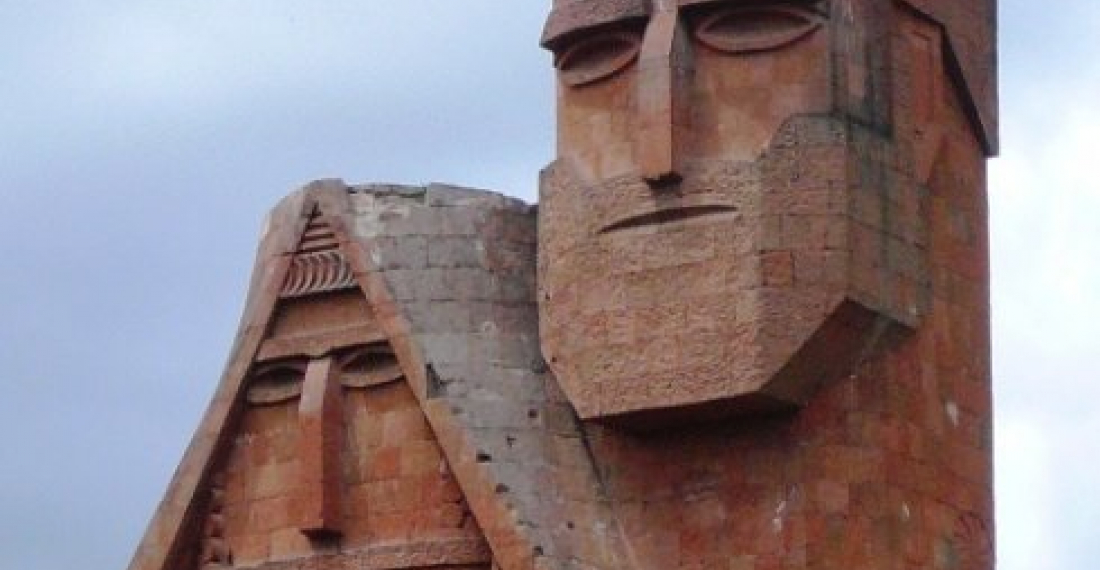Update 1
There will be a second round in the presidential elections in the self-declared nagorno-Karabakh Republic as no one of the candidates secured the necessary 50% of the vote. However, Arayik Harutyunyan who 36,076 votes (49.26%)emerged as the current favorite. The runner up, Masis Mayelian received 19,360 votes (26.4)and will join the race in the second round. A third candidate, Vitaly Balasanyan, received 10,755 votes (14.7%). There were eleven other candidates all of whom received less than 3% of the votes.
______
Elections were held on Tuesday (31 March) in the self-declared Nagorno-Karabakh Republic to select a new president and parliament.
According to preliminary figures, 76,471 voters participated in the election, equivalent to 72.7% of eligible voters
There 14 candidates for the post of president whilst 12 political parties contested for seats in the parliament.
Results are expected later today.
Elections in Nagorno Karabakh are not recognised by the international community.
A statement issued on Tuesday by the co-chair countries of the OSCE Minsk Group which is mandated to mediate a resolution of the Nagorno-Karabakh conflict said that
"In the context of a comprehensive settlement of the Nagorno-Karabakh conflict, the Co-Chairs recognize the role of the population of Nagorno-Karabakh in deciding its future in accordance with the principles and elements reiterated in the Co-Chairs' statement of 9 March 2019. The Co-Chairs note, however, that Nagorno-Karabakh is not recognized as an independent and sovereign state by any of the Co-Chair countries or any other country.
Accordingly, the Co-Chairs do not accept the results of these "elections" as affecting the legal status of Nagorno-Karabakh and stress that the results in no way prejudge the final status of Nagorno-Karabakh or the outcome of the ongoing negotiations to bring a lasting and peaceful settlement to the Nagorno-Karabakh conflict."
A similar statement was issued yesterday by the European Union read more here
source: commonspace.eu







